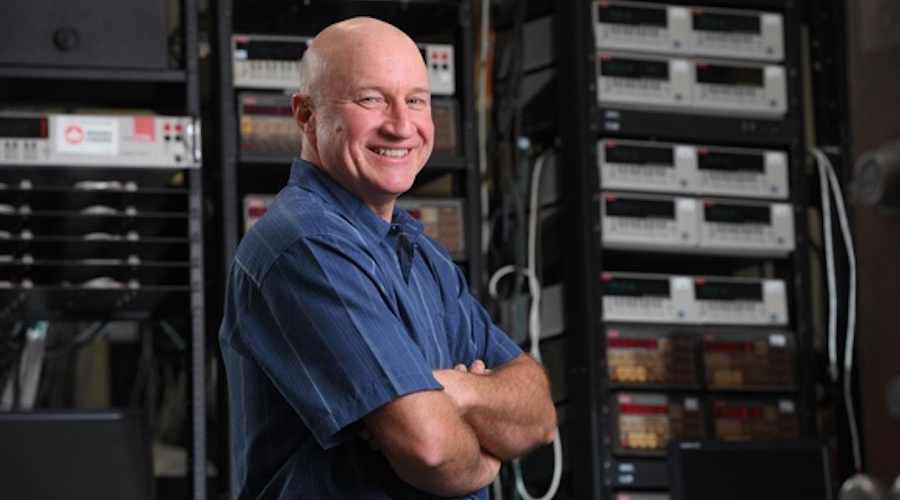Research to make EVs more affordable gets nearly $6m from Canadian government, Tesla

A team of researchers at Canada’s Dalhousie University received C$2.9 million ($2.34m) in funding from the Natural Sciences and Engineering Research Council (NSERC) and an additional $3.1 million from Tesla to help develop advanced batteries for electric vehicles and grid energy storage.
The team is led by Jeff Dahn who has been at the forefront of research and innovation in battery technology for 40 years. According to the university, Dahn’s work has contributed at a practical and fundamental level to the batteries that power cell phones, computers and electric vehicles.
With the new funding — which is the largest the institution has ever received from NSERC’s Alliance Grant program — Dahn’s goal is to increase the lifetime and energy density of batteries for EVs and electrical energy storage applications, as well as their content of sustainable materials. This, with the idea of maintaining and improving the safety and reliability of the devices while lowering their cost.
Tesla and Dalhousie’s exclusive battery research partnership has been in place since 2015 and is expected to last at least until 2026.
In early 2020, the American automaker filed a patent application for a new lithium-nickel-manganese-cobalt battery cell chemistry based on the developments of Dahn and his team, which focused on additives to the electrolyte in order to increase the performance of li-ion battery cell chemistry.
The objective of developing the new chemistry is to get Tesla closer to the one-million-mile battery.
{{ commodity.name }}
{{ post.title }}
{{ post.date }}




Comments